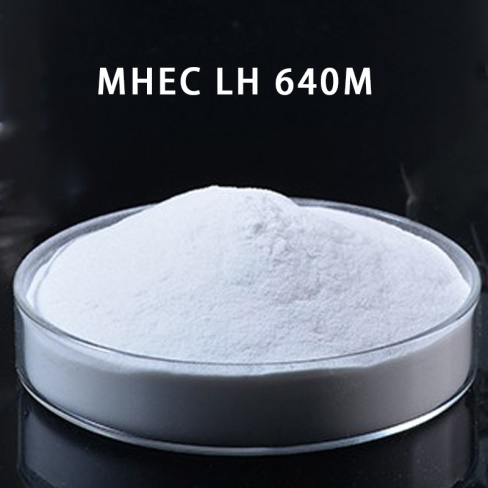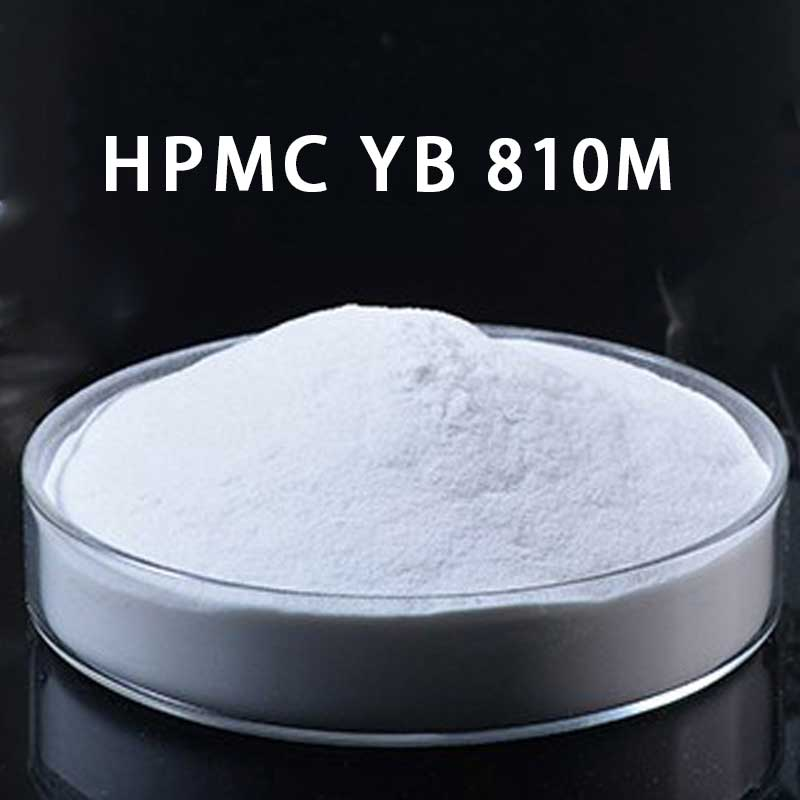- Home
- Difference Between Hydroxypropyl Methylcellulose And Carboxymethylcellulose
The Difference Between Hydroxypropyl Methylcellulose and Carboxymethylcellulose: A Comprehensive Guide for Manufacturers
Are you looking for the best construction material for your project? Look no further than Hebei Yibang Building Materials Co., Ltd. as your trusted manufacturer, supplier, and factory of top-quality cellulose products. Our hydroxypropyl methylcellulose and carboxymethylcellulose are among the best in the market, and here's why:
Hydroxypropyl methylcellulose, also known as HPMC, is a semi-synthetic, inert, viscoelastic polymer. It is used as a thickening and suspending agent in various applications, including construction materials. On the other hand, carboxymethylcellulose, or CMC, is a water-soluble polymer with excellent film-forming and thickening properties, making it ideal for use in cement-based applications.
Both HPMC and CMC have their unique characteristics and benefits, and our team is dedicated to helping you find the right product for your specific needs. With our commitment to quality and customer satisfaction, Hebei Yibang Building Materials Co., Ltd. is your one-stop-shop for all your cellulose product requirements.
Kingmax Cellulose Co., Ltd.

Company News
Related News
HPMC YB 5200MS
Looking for HPMC YB 5200MS? Our factory offers high-quality products at competitive prices. Find the best HPMC YB 5200MS for your needs.
HEMC LH 6150M
Get reliable HEMC LH 6150M from our factory. We offer high-quality products with fast shipping and competitive prices. Shop now!
MHEC LH 640M
Shop MHEC LH 640M at our factory for premium quality and exceptional performance. Experience the difference in our innovative products.
HEC YB 200000
HEC YB 200000 - Manufactured by a leading factory, our high-quality product guarantees performance and durability for all your needs.
MHEC LH 6200M
Find high-quality MHEC LH 6200M at our factory. We specialize in manufacturing top-notch construction materials for all your needs.
HPMC YB6000
Looking for high-quality HPMC YB6000? Our factory produces premium grade HPMC YB6000 for various industrial applications. Contact us today!
HPMC YB 810M
HPMC YB 810M - high quality construction grade cellulose ether manufactured in our factory. Browse our range of industrial additives now!
MHEC LH 660M
Get top-of-the-line MHEC LH 660M directly from the factory. Our high-quality products are perfect for all your industrial needs. Order now!
Hydroxypropyl MethylCellulose (HPMC)
Shop HPMC products from our factory. Discover the benefits of Hydroxypropyl MethylCellulose for various industries. Quality guaranteed.
HPMC YB400
Get top-quality HPMC YB400 from our factory. We provide premium materials for various applications. Order now for superior performance.
Hydroxypropyl Methylcellulose Cellulose Ether Powder For Detergent
Get high-quality Hydroxypropyl Methylcellulose Cellulose Ether Powder for detergent from our factory. Discover our superior products and reliable service.
HPMC Hydroxypropyl Methyl Cellulose Powder Factory Price
Get the best price on HPMC Hydroxypropyl Methyl Cellulose Powder direct from the factory. High quality and competitive pricing. Contact us today!
HEMC LH 4000
Get high-quality HEMC LH 4000 from our factory. We offer the best prices and top-notch customer service. Order now for fast delivery!
Coating Materials Powders HEC Hydroxy Ethyl Cellulose Hpmc Tile Adhesive/cmc Carboxymethyl Cellulose
Get high-quality coating materials powders like HEC, HPMC, CMC, and more from our factory. Enhance your products with our top-notch solutions.
HEMC LH 640M
Looking for high-quality HEMC LH 640M? Look no further! Our factory produces top-notch HEMC LH 640M products for all your industrial needs.
- Understanding the Difference Between Hydroxypropyl Methylcellulose and Carboxymethylcellulose for Manufacturers
- Reviews
- Related Videos
Are you looking for a reliable and effective thickening agent for your products? Look no further than our Hydroxypropyl Methylcellulose and Carboxymethylcellulose! Our Hydroxypropyl Methylcellulose (HPMC) is a versatile and widely-used cellulose derivative that is commonly used in the production of various products such as construction materials, pharmaceuticals, and personal care items. It is known for its excellent water retention properties, and it provides a smooth texture and uniform viscosity to your products. On the other hand, Carboxymethylcellulose (CMC) is another popular thickening agent that is widely used in the food, pharmaceutical, and cosmetic industries. It is also known for its excellent water retention abilities and its ability to improve the texture and stability of products. While both HPMC and CMC are excellent choices for thickening agents, there are some differences between the two. HPMC is known for its high thermal gelation temperature and its resistance to enzymes, making it an ideal choice for heat-based applications. On the other hand, CMC is known for its high viscosity and pseudoplasticity, making it a great choice for products that require a high degree of thickness and flow control. No matter which option you choose, you can trust that our HPMC and CMC will provide the quality and performance you need for your products. Contact us today to learn more about how our cellulose derivatives can benefit your business!
I recently tried both hydroxypropyl methylcellulose and carboxymethylcellulose and noticed a few key differences. Hydroxypropyl methylcellulose seemed to have better adhesive properties, making it great for use in ophthalmic solutions and drug delivery systems. On the other hand, carboxymethylcellulose excelled in its ability to create a smooth and viscous texture, making it ideal for use in food products and personal care items. Both are excellent choices for their respective applications, but understanding their unique characteristics is key to choosing the right one for your specific needs. Overall, I found both to be effective and versatile ingredients in various products.
I recently tried both Hydroxypropyl Methylcellulose and Carboxymethylcellulose eye drops for dry eyes. I found that Hydroxypropyl Methylcellulose had a thicker consistency and provided longer-lasting relief, while Carboxymethylcellulose was more watery and required more frequent application. Hydroxypropyl Methylcellulose seemed to coat my eyes and provide a protective barrier, whereas Carboxymethylcellulose soaked into my eyes quickly but didn't last as long. Overall, I prefer Hydroxypropyl Methylcellulose for its effectiveness and convenience. It's definitely worth the extra cost to me for the difference in performance.
Contact us
Please feel free to give your inquiry in the form below We will reply you in 24 hours


















